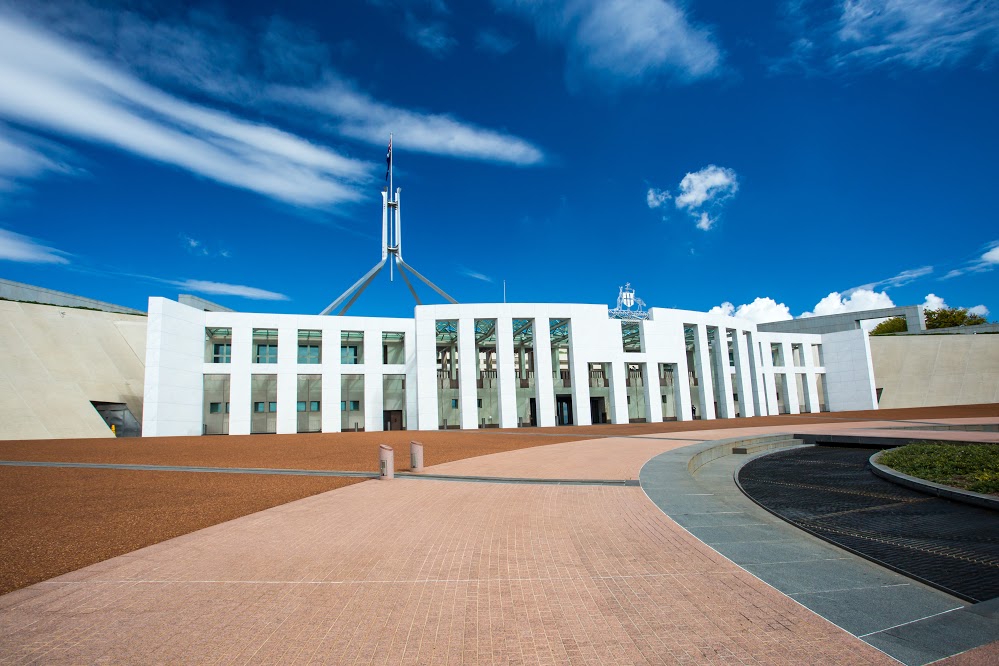‘Welcome proposal’ for legacy pensions in MYEFO
The federal government has outlined a proposed change in its Mid-Year Economic and Fiscal Outlook to enable the partial commutation of certain legacy pensions, which may address a key technical issue in this area, says Accurium.
As part of its Mid-Year Economic and Fiscal Outlook (MYEFO) released last week, the government stated it would be amending the law to ensure that retirees who have commuted and restarted certain market-linked pension, life expectancy pension and similar products are treated appropriately under the transfer balance cap.
“The measure will enable retirees with these products who have been unable to commute amounts in excess of their transfer balance cap to undertake the necessary partial commutation,” the MYEFO stated.
“The measure also ensures appropriate tax outcomes for these retirees, given their prior inability to comply with the transfer balance cap rules.”
The amendments are intended to take effect from the date the relevant bill receives royal assent.
In an online blog, SMSF services provider Accurium said it appears the proposal will provide a solution to a technical problem impacting members who commence a new market-linked pension upon the full commutation of either a lifetime complying pension, a life expectancy pension or a pre-1 July 2017 market-linked pension, where the commencement value of the new market-linked pension is more than the member’s personal transfer balance cap.
“Currently, in this scenario, there appears to be no answer to the question of what the tax outcome would be for the member in relation to the excess transfer balance account balance that the new market-linked pension has caused,” Accurium said.
“The proposed change appears to allow the member to affect a partial commutation of their new market-linked pension to allow them to reduce their transfer balance account balance such that they no longer had an excess transfer balance amount.”
Accurium reminded SMSF professionals that a market-linked pension that commences on or after 1 July 2017 is not a capped defined benefit income stream and, consequently, does not enjoy the special rules that apply when a member exceeds their personal transfer balance cap and their only retirement phase income stream is a capped defined benefit income stream.
“However, unlike an account-based pension, a market-linked pension, regardless of when it was commenced, is non-commutable. Consequently, the member can have a scenario where they have an excess transfer balance account but are unable to commute the excess,” the SMSF services provider noted.
Accurium said there are a number of questions surrounding this proposal which will hopefully be addressed when the draft legislation is provided.
“Will the affected member be required to commute the excess transfer balance account balance out of the superannuation system — similar to the requirement for the commutation of a death benefit pension — or will the affected member be able to commute the amount back to their accumulation interest, effectively retaining the amount in the superannuation system?” Accurium questioned.
It is also unclear at this stage, it said, whether the proposed measure will only apply in situations where a member will have an excess transfer balance account amount in relation to a post-30 June 2017 market-linked pension.
“If this is the case, it raises the question of fairness of the proposal — those with pension capital greater than $1.6 million appear to be able to convert the excess amount to a lump, with full access. However, those with these types of pensions who are under their transfer balance cap have no opportunity to access,” Accurium said.
“There will also be a need to consider the Centrelink consequences where a pension restructure involves an asset test exempt pension or for a member that has a pre-1 January 2015 grandfathered pension.”
Accurium said the announcement is a “welcome proposal to resolve one of the issues that these old legacy pensions have had since the introduction of the super reforms on 1 July 2017”.

Miranda Brownlee
Miranda Brownlee is the deputy editor of SMSF Adviser, which is the leading source of news, strategy and educational content for professionals working in the SMSF sector.
Since joining the team in 2014, Miranda has been responsible for breaking some of the biggest superannuation stories in Australia, and has reported extensively on technical strategy and legislative updates.
Miranda also has broad business and financial services reporting experience, having written for titles including Investor Daily, ifa and Accountants Daily.








